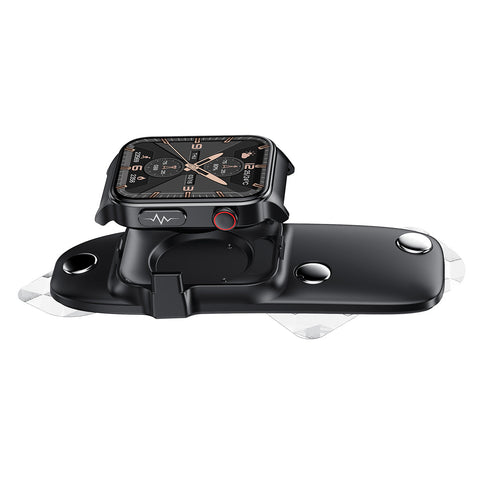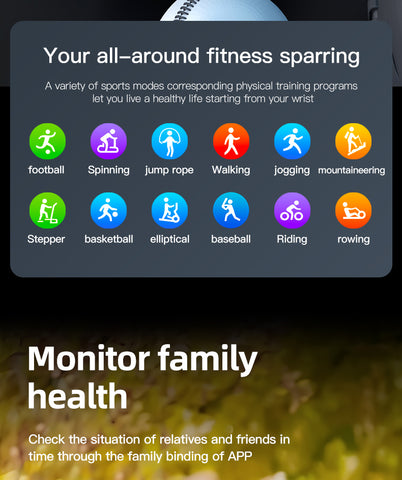What Nutrition Experts Eat to Refuel After a Run
For avid runners, completing a challenging workout or race is not just about crossing the finish line – it's also about properly replenishing the body to support recovery and enhance performance for future endeavors. Nutrition plays a critical role in post-run recovery, helping to repair muscle tissue, replenish glycogen stores, and promote overall recovery. But what do nutrition experts themselves reach for after a long run?
Prioritizing Protein for Muscle Repair
Protein is essential for repairing and rebuilding muscle tissue damaged during intense exercise, making it a crucial component of post-run recovery meals. Nutrition experts often opt for protein-rich foods to kickstart the recovery process and support muscle repair. Common post-run protein sources include:
- Lean meats: Chicken, turkey, or lean cuts of beef provide high-quality protein along with essential nutrients like iron and B vitamins.
- Fish: Fatty fish like salmon or tuna offer omega-3 fatty acids, which have anti-inflammatory properties and support muscle recovery.
- Eggs: Eggs are a versatile and convenient source of protein, offering all nine essential amino acids necessary for muscle repair and growth.
- Plant-based proteins: Options like tofu, tempeh, legumes, and quinoa provide protein along with fiber and other essential nutrients for overall health.

Replenishing Glycogen with Carbohydrates
Carbohydrates serve as the body's primary source of energy during exercise, and replenishing glycogen stores after a run is crucial for recovery and performance. Nutrition experts emphasize the importance of consuming carbohydrate-rich foods to refuel depleted energy stores and promote recovery. Some post-run carbohydrate options include:
- Whole grains: Foods like brown rice, quinoa, oats, and whole grain bread provide complex carbohydrates, fiber, and essential nutrients for sustained energy release.
- Fruits and vegetables: Colorful fruits and vegetables are not only rich in vitamins, minerals, and antioxidants but also provide carbohydrates to replenish glycogen stores.
- Potatoes and sweet potatoes: These starchy vegetables offer a convenient and nutrient-dense source of carbohydrates, along with vitamins, minerals, and fiber.
Hydrating and Replenishing Electrolytes
Proper hydration is essential for supporting recovery and maintaining optimal performance, especially after a sweaty run. In addition to water, nutrition experts often incorporate electrolyte-rich foods and beverages to replenish lost fluids and electrolytes. Some hydration and electrolyte-replenishing options include:
- Coconut water: Natural coconut water is a refreshing and electrolyte-rich beverage that can help rehydrate the body after exercise.
- Sports drinks: While water is usually sufficient for shorter runs, sports drinks containing electrolytes like sodium and potassium can be beneficial for longer or more intense workouts.
- Fruits: Water-rich fruits like watermelon, oranges, and berries not only provide hydration but also supply electrolytes like potassium and magnesium.
Incorporating Anti-Inflammatory Foods
Inflammation is a natural response to exercise-induced muscle damage, but excessive or prolonged inflammation can impair recovery and increase the risk of injury. Nutrition experts often include anti-inflammatory foods in their post-run meals to help reduce inflammation and support recovery. Some anti-inflammatory food options include:
- Fatty fish: Cold-water fish like salmon, mackerel, and sardines contain omega-3 fatty acids, which have potent anti-inflammatory properties.
- Turmeric: This golden spice contains curcumin, a compound with powerful anti-inflammatory and antioxidant effects.
- Leafy greens: Dark, leafy greens like spinach, kale, and Swiss chard are rich in vitamins, minerals, and phytonutrients that help combat inflammation.

Listening to Individual Needs and Preferences
While the aforementioned foods and strategies are favored by many nutrition experts for post-run refueling, it's essential to remember that individual nutritional needs and preferences may vary. Experimenting with different foods, meal timing, and combinations can help you discover what works best for your body and supports your running goals. Additionally, consulting with a registered dietitian or sports nutritionist can provide personalized guidance and recommendations tailored to your unique needs and circumstances.
Proper nutrition plays a vital role in post-run recovery, helping to replenish energy stores, repair muscle tissue, and support overall recovery and performance. By incorporating protein-rich foods for muscle repair, carbohydrate-rich foods for glycogen replenishment, electrolyte-rich foods for hydration, and anti-inflammatory foods for recovery, you can optimize your post-run refueling strategy and take your running game to new heights. Remember to listen to your body, experiment with different foods and strategies, and seek personalized guidance when needed to fuel your running journey with confidence and success.








